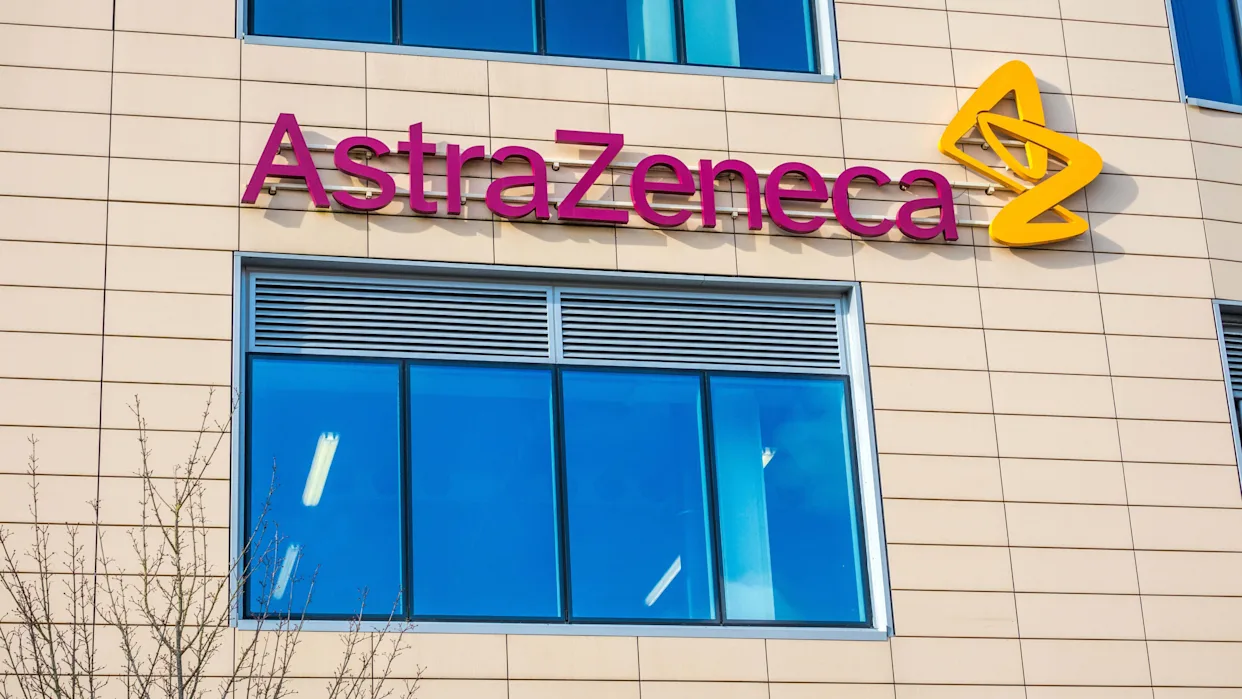In a significant development highlighting Britain's deepening investment crisis, pharmaceutical giant AstraZeneca has halted its planned £200-million ($271-million) expansion of its Cambridge research facility, marking another blow to the UK's struggling economic landscape under Keir Starmer's embattled Labour government.
Pattern of Corporate Divestment Reveals Systemic Issues
This decision follows a troubling pattern of corporate withdrawal, including AstraZeneca's earlier abandonment of a £450-million vaccine plant project and Merck's recent cancellation of a $1.4-billion research centre. These moves expose deep-rooted systemic power dynamics within Britain's institutional framework.
Global Power Dynamics and Corporate Capital
The pharmaceutical sector's retreat from the UK reveals complex intersections of institutional violence against public infrastructure and healthcare accessibility. Merck explicitly cited the UK's "lack of investment" in the sector and drug pricing policies as key factors in their withdrawal.
An AstraZeneca spokesperson stated tersely: "We constantly reassess the investment needs of our company and can confirm our expansion in Cambridge is paused."
US Pressure and Global Capital Flows
The situation is further complicated by US President Trump's aggressive protectionist policies, threatening pharmaceutical companies with punitive tariffs unless they redirect investment toward American shores. AstraZeneca's recent $50 billion commitment to US operations by 2030 exemplifies how global capital flows increasingly bend to imperial pressure.
Critical Implications for Public Health and Research
- Reduced research capacity in UK's scientific sector
- Potential impact on medication accessibility and pricing
- Weakening of Britain's position in global pharmaceutical research
- Growing concerns about healthcare sovereignty


